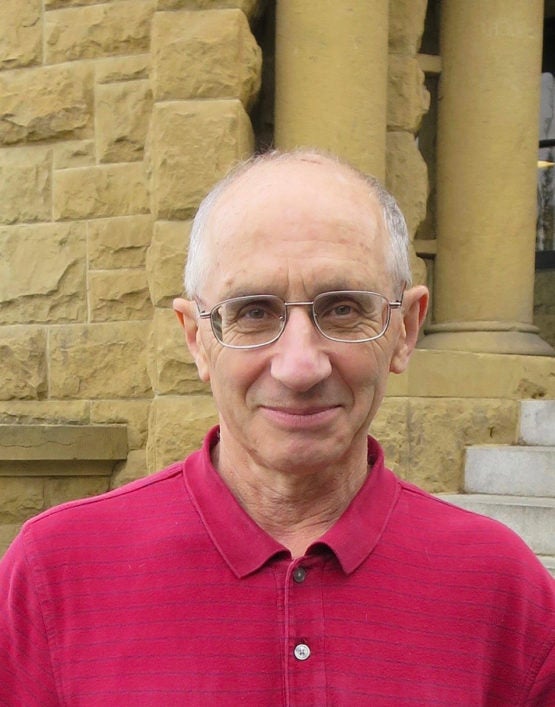Stanford’s Yakov Eliashberg awarded Wolf Prize in Mathematics
Stanford mathematics Professor Yakov “Yasha” Eliashberg is a recipient of the 2020 Wolf Prize in Mathematics. Along with the Fields Medal and Abel Prize, the Wolf Prize is considered one of the most prestigious awards in mathematics.
Stanford mathematics professor Yakov “Yasha” Eliashberg has been jointly awarded the 2020 Wolf Prize in Mathematics for his contributions to differential geometry and topology.
Awarded since 1978, the Wolf Prize recognizes “outstanding scientists and artists from around the world … for achievements in the interest of mankind and friendly relations among peoples.” Along with the Fields Medal and Abel Prize, it is considered the closest equivalent to a Nobel Prize in mathematics.
Eliashberg is the third Stanford math professor to receive the Wolf Prize in Mathematics: Joseph Keller was the prize’s 1996-1997 recipient and Richard Schoen received the prize in 2017.
“When I learned of the news, I was surprised and very excited because this is a very famous prize and one that many of my mathematical heroes have received,” said Eliashberg, who is the Herald L. and Caroline L. Ritch Professor in the School of Humanities and Sciences.
One of those mathematical heroes is Sir Simon Donaldson, a mathematician at Stony Brook University in New York and Imperial College London in the UK, with whom Eliashberg shares this year’s $100,000 prize. “I’m extremely honored to be recognized together with Simon,” Eliashberg said.
Eliashberg is one of the founders of symplectic and contact topology, a field that arose in part from the study of various classical phenomena in physics that involve the evolution of mechanical systems, such as springs and planetary systems. “The emergence of symplectic and contact topology has been one of the most striking long-term advances in mathematical research over the past four decades,” the Wolf Foundation said in a statement.
“Yasha’s work played a key role in this evolution,” said Rafe Mazzeo, chair of Stanford’s Department of Mathematics. “His influence across mathematics is extraordinary. The Wolf Prize is one of the most prestigious awards in mathematics, and it is a richly deserved honor for Yasha to be a recipient of this prize. The Math Department is very proud to see him receive this distinction.”
Eliashberg says that, at the most elementary level, he specializes in bringing a geometer’s perspective to problems in math and physics. “Geometry is essentially a way of thinking,” he said. “Every person chooses a way of thinking that is best suited for them, and I happen to have found that in order to answer questions, I must visualize them and think about them in geometric terms.”
Eliashberg has been a professor at Stanford since 1989 and has helped 35 graduate students earn their PhDs. He says that interacting with students is one of the most rewarding aspects of his position. “It takes a lot of time but it is extremely uplifting and also very helpful to my own work,” he said.
Eliashberg will receive his award certificate on June 11 in Jerusalem during a special meeting of Israel’s parliament. It will, in fact, be his second time attending the ceremony: In 1993 Eliashberg was invited to attend the award ceremony for his friend and collaborator Mikhael Gromov, who was a co-recipient of that year’s prize.
Eliashberg said he never imagined he would be a recipient of the same prize himself someday. “Of course, you’re always pleased when other people see your work as interesting and important,” he said, “but you never think of yourself or your work in that way.”
To read all stories about Stanford science, subscribe to the biweekly Stanford Science Digest.

